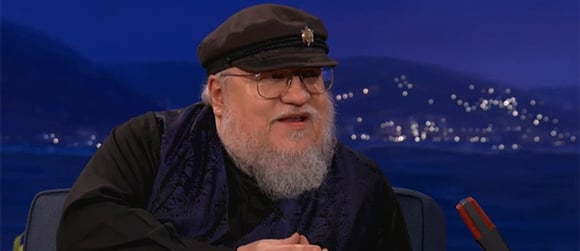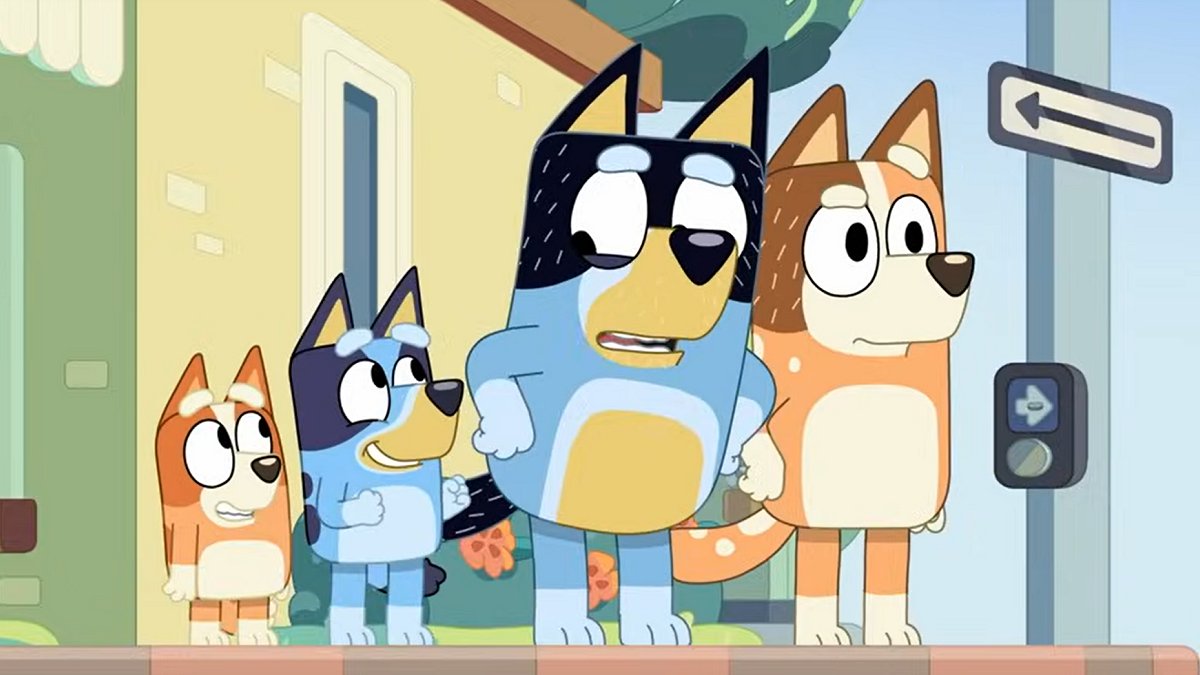I’ll give you a hint, and it is this gif.
Game of Thrones-the-show has made a lot of changes from A Song of Ice and Fire-the-series, mostly to do with cutting out characters and subplots and whole swathes of plot. Showrunners D.B. Weiss and David Benioff have to; the source material is like ten thousand pages long. (OK, not quite, but that’s not as far off as you might think.) Sometimes, however, the show strays from cutting things to changing things that already exist. When that goes well you have Margaery Tyrell, who in her show incarnation is much sneakier and more interesting than her book counterpart. (Being played by Natalie Dormer doesn’t hurt. It never does.) On the other side you have Robb Stark, whose marriage subplot was changed from a poignant commentary on honor and tragedy to a “Starcrossed lovers want to get married! But they can’t! Then they do!” cliché. (Don’t get me started.)
But in an interview for a documentary on Niccolo Machiavelli Martin opened up about the character who was most altered to fit the small screen: Westeros’ own Machiavelli, Petyr “Littlefinger” Baelish:
“Book Littlefinger and television show Littlefinger are very different characters. They’re probably the character that’s most different from the book to the television show. There was a a line in a recent episode of the show where, he’s not even present, but two people are talking about him and someone says ‘Well, no one trusts Littlefinger’ and ‘Littlefinger has no friends.’ And that’s true of television show Littlefinger, but it’s certainly not true of book Littlefinger. Book Littlefinger, in the book, everybody trusts him. Everybody trusts him because he seems powerless, and he’s very friendly, and he’s very helpful. He helps Ned Stark when he comes to town, he helps Tyrion, you know, he helps the Lannisters. He’s always ready to help, to raise money. He helps Robert, Robert depends on him to finance all of his banquets and tournaments and his other follies, because Littelfinger can always raise money. So, he’s everybody’s friend. But of course there’s the Machiavellian thing. He’s, you know, everybody trusts him, everybody depends on him. He’s not a threat. He’s just this helpful, funny guy, who you can call upon to do whatever you want, and to raise money, and he ingratiaties himself with people and rises higher and higher as a result.”
Preach it, Martin. I love Game of Thrones, but it has its problems. One of those is how it’s turned Littlefinger from a nuanced character—he’s kept his childhood Tully-related issues on the down low for years so he could eventually rise to the top and screw everyone over—into a moustache-twirling caricature. No offense to actor Aidan Gillen, who’s wonderful. This is just what he has to work with. But seriously. How does anyone trust show Littlefinger? How does anyone let him within a mile of their plans? He is clearly evil.
Because it’s 4:15 on a Tuesday and it’s been a slow news day and I will admit to being ever-so-slightly bored, Game of Thrones book readers, let’s hash it out in the comments: What is your least favorite change that the show has made? Most favorite? My (less than serious) answers: Podrick Payne, sexual virtuoso. And Cheese Boy.
(via: blastr)
Are you following The Mary Sue on Twitter, Facebook, Tumblr, Pinterest, & Google +?









Published: Dec 3, 2013 04:15 pm